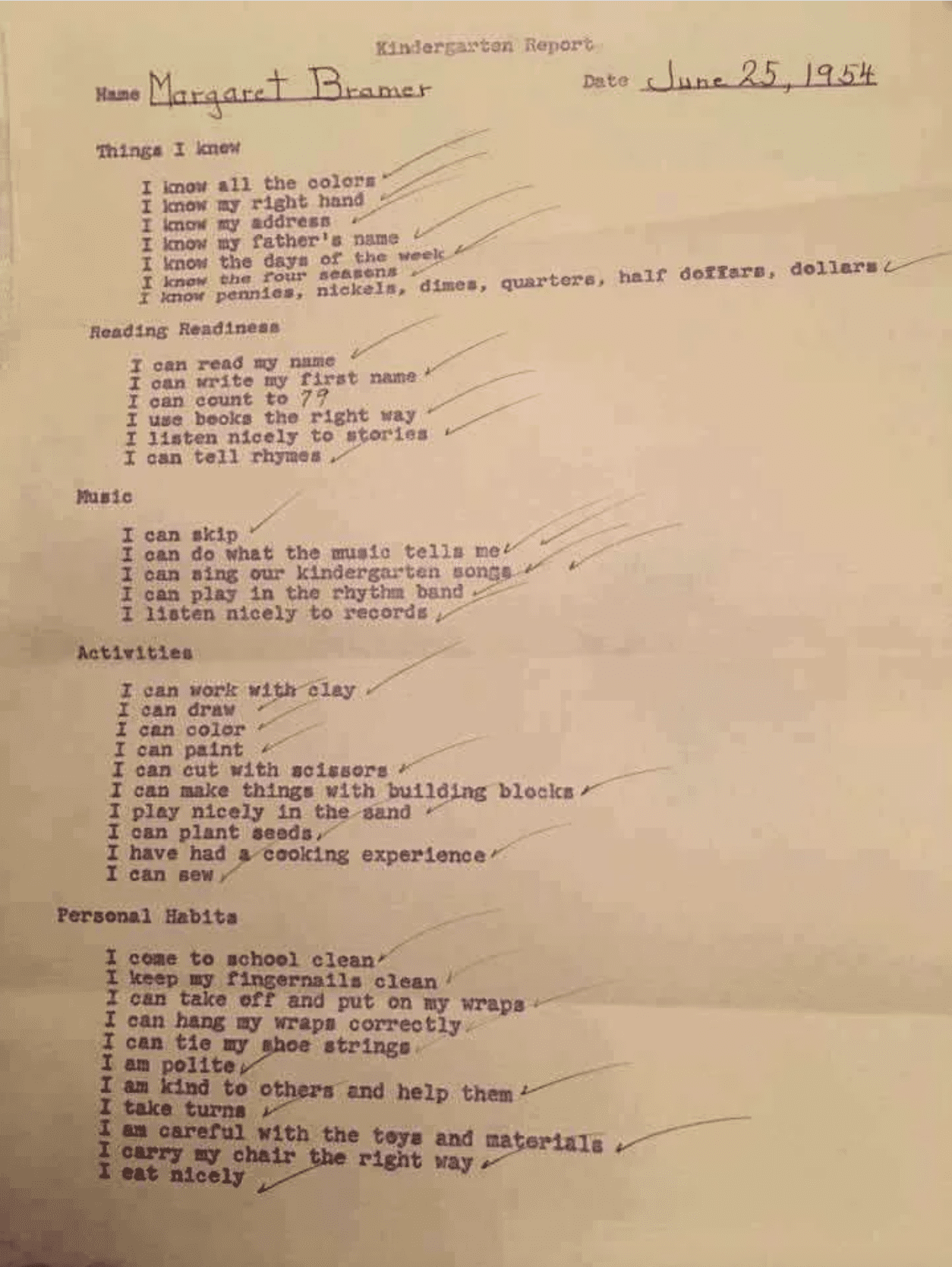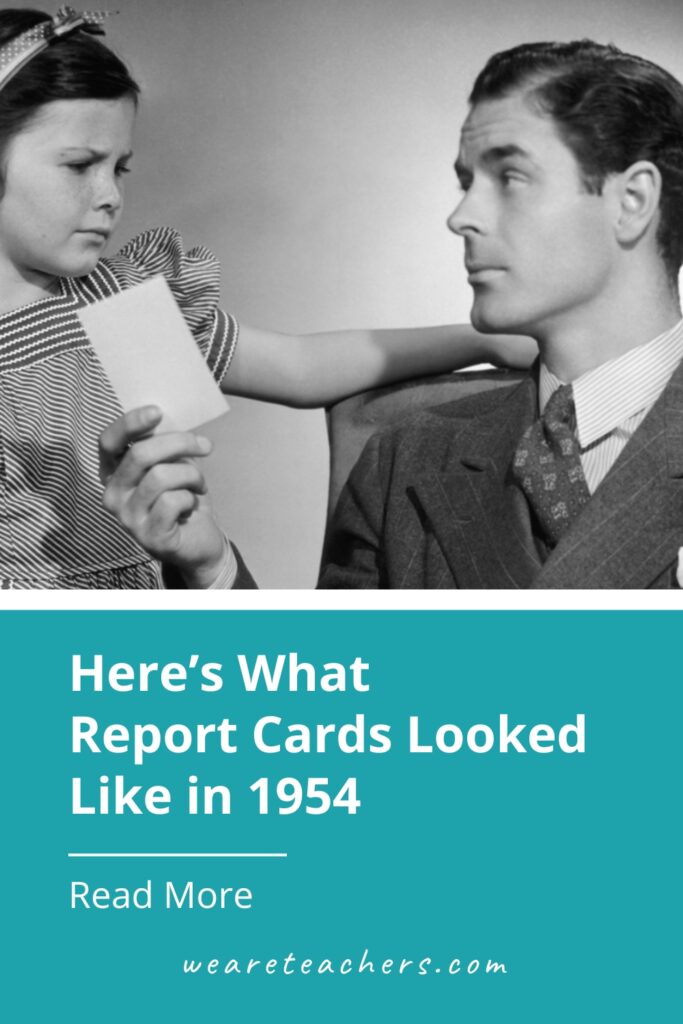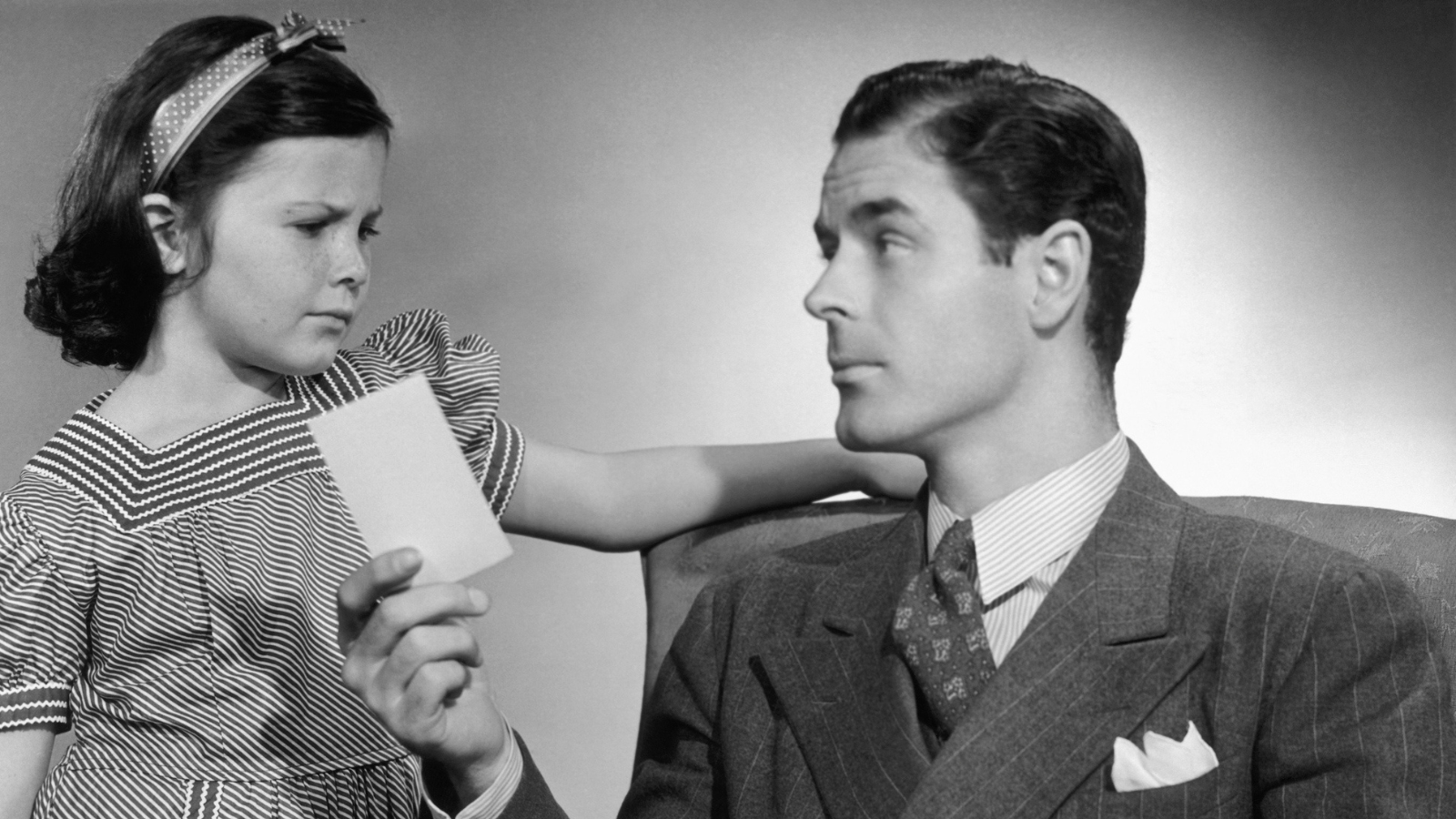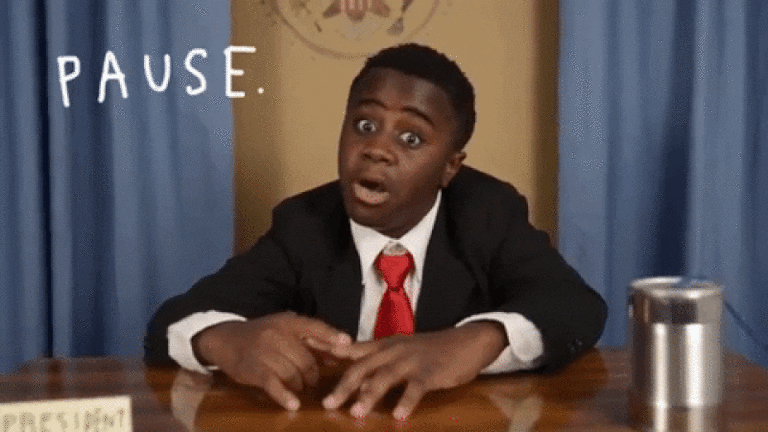My husband and I often talk about where to send our son to school when he’s ready for kindergarten. Some of our neighbors send their kids to the neighborhood school that’s within walking distance. Others send their kids to public magnet programs or private schools, or they homeschool. They all have their own advice.
“The dual-language program is the best, but you absolutely have to enroll in the pre-K–3 class or you’ll never get in.”
“If he’s identified as G/T, you’ve got to put him in a G/T magnet program. Estie was reading at a 4th grade level by the end of her kinder year.”
“If you’re considering private schools, you should start touring now. The competition is mind-boggling, but you have to think about long-term college goals.”
My son isn’t even 2 yet.
When I think about what I really want for my son’s early school experiences, it’s simple.
I want him to learn to be kind. I want him to have plenty of time outside. I want for him to learn to read and write, of course, but also to love to do those things. I want him to learn ways of taking care of himself as well as taking care of his classroom and community.
That’s why when I saw this kindergarten report card from 1954 on Reddit, I melted down a little.

The academic performance markers are things like “I know the four seasons” and “I can write my first name.”
Listening to records!
Planting seeds!
“I am kind to others and help them.”
This 1954 kindergarten report card shows how simple academic evaluation used to be.
Now it’s just … not.
I looked up a kindergarten report card from my former district, which is highly rated in our area. Before anything else on the report card, there’s a section for language arts with subcategories like “Phonological awareness” and “Concepts about print.” There’s a math section with “Geometry/spacial sense” and “Classification/data collection.” There are seven subcategories related to social development, and none of those are about play. Guess how many subcategories are reserved for rating their academic performance?
Nineteen.
It’s important for me to note this isn’t an indictment of kindergarten or early childhood teachers. They are some of the most dedicated, talented professionals I’ve ever met, and I know they do everything they can to embed play, outdoor time, and social-emotional skills into a day that state education policies—often written by people with no teaching experience—demand to be jammed full of work. You know, college-readiness.
I’m also not saying that academic skills have no place in kindergarten. Clearly, they do, even on the 1954 report card. And yes, phonological awareness is an important criterion! But can’t we have a balance? Nineteen academic markers and zero indicators for play, social skills, and life skills seems like we’ve swung in the opposite direction.
I thought it would be exciting to think of where my baby will go to school one day, but instead it just makes me sad.
I feel like the right place no longer exists (or does exist as a private school, whose tuition we couldn’t afford in our wildest dreams). Sadly, a Google search of “elementary schools near me that prioritize play and maybe teach my son to sew, IDK” yielded no results.
Also, if you’re wanting a “things were better in 1954” argument from me, you’re not getting it, because things weren’t better.
Kindergarten expectations were more reasonable and people with college degrees could actually afford mortgages, but we’re not going to lump in segregation, open racism, women barely having rights, polio, and 8-year-olds working in factories as “the good old days.”
I just think, like a billion other issues in education, we need to stop letting people who haven’t been teachers decide what teachers ought to be doing.
Whether that’s for 12th grade or kindergarten.
Looking for more articles like this? Be sure to subscribe to our newsletters!


